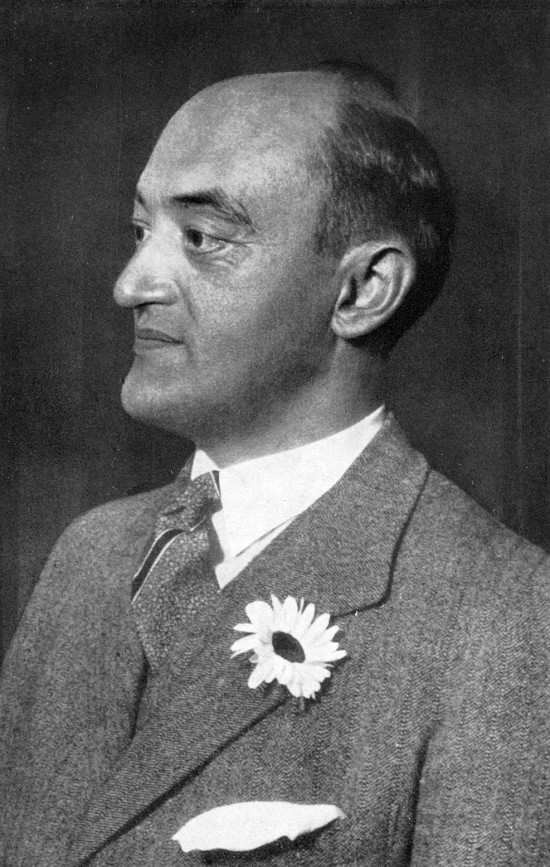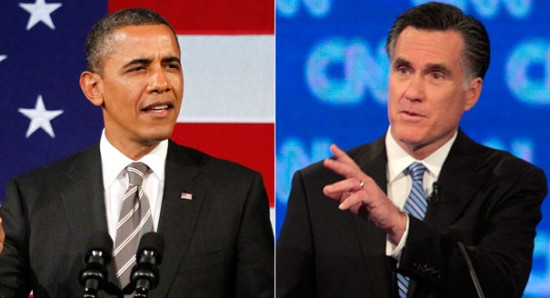Last week, I suggested that it takes more than an idea – even if it’s a really fantastic idea – to attract potential investors. You need to prove that your idea has legs by turning it into a working model.
But then what? Once you’ve got a working model, where do you go for the money you need to turn it into a business?
In general, there are four sources of capital: venture capital firms, government agencies, commercial banks, and private investors or partners.
If you think your idea might be of interest to venture capitalists, check out the National Venture Capital Association (nvca.org). But for the average entrepreneur, venture capital isn’t a possibility.
As Paul Lawrence explained in his article “Raising Capital for Small Business Ventures”:
Yes, some venture capital firms will invest in new businesses, but such businesses are usually involved in technology or some other high-growth area. Frankly, for most small businesses, venture capital isn’t even an option. It’s rare for a small-business concept to have the kind of mammoth payoff venture capitalists look for.”
Plus, the cost of doing business with these companies is high. It’s basic economics. Their risk is high, so their reward must also be high. Even if you were to interest a venture capital company in your business, you’d be aghast at what they’d want in terms of their ownership position.
What about government grants? Tim Berry, author of Hurdle: The Book on Business Planning, points out that government funding agencies usually have “social” agendas. Grants and loans are available to minorities – especially minority businesses engaged in education, antidiscrimination projects, community services, fine arts, and other politically popular objectives.You can find out if your business idea might be a candidate for government money by checking into any of the government agencies whose purpose is to stimulate entrepreneurship. The best known is the Small Business Administration.
I wouldn’t advise taking this route, though. It requires too much bending to bureaucracy. Too much artificiality. Too much red tape. Getting these loans and grants takes months (or years) of filling out forms. And there are all sorts of reporting and regulatory requirements – enough to slow down even the most patient person. Plus, government-funded business projects have an extremely high failure rate once the funding is withdrawn. That’s because they begin with an idea, not a working model. And the idea isn’t good to begin with because it is based on social policy instead of being connected to profits – which is, after all, what fuels a business.
As for getting money from a commercial bank, I can make this short: Forget about it. The only way a bank will lend you money these days is if (a) you have excellent credit and (b) you can collateralize your loan with assets. If you have good credit and tons of money, you don’t need a bank loan. You can loan yourself the money.
This brings us to the fourth and final option…
 MarkFord
MarkFord




